Home / business / Anupam Mittal’s Hilarious Response to L&T Chairman’s Comment Sparks Online Debate
Anupam Mittal’s Hilarious Response to L&T Chairman’s Comment Sparks Online Debate
By: My India Times
4 minutes read 104Updated At: 2025-01-13

Shark Tank India’s Anupam Mittal, known for his witty remarks and sharp business acumen, recently took to X (formerly known as Twitter) to respond to a comment made by Larsen & Toubro (L&T) Chairman SN Subrahmanyan. The exchange has not only garnered significant attention online but also sparked debates around work-life balance and corporate culture in India.
The Controversial Remark by L&T Chairman
The controversy began when L&T Chairman SN Subrahmanyan made a statement that raised eyebrows across social media and professional circles. Addressing the issue of employees working from home, he reportedly asked how long someone could stare at their spouse at home. The comment seemed to imply a preference for employees returning to the office, reigniting discussions around the work-from-home versus office-based work debate.
Subrahmanyan’s remark was seen by many as tone-deaf, particularly in a post-pandemic world where work-life balance has become a priority for employees. Critics argued that the statement trivialized personal relationships and undermined the efforts of those striving to maintain harmony between their professional and personal lives.
Anupam Mittal’s Humorous Retort
Entrepreneur and Shark Tank India judge Anupam Mittal couldn’t resist weighing in on the matter. Known for his quick wit and ability to engage audiences, Mittal shared a tongue-in-cheek response to Subrahmanyan’s comment. Taking to X, he wrote, “But sir, if husband and wife don’t look at each other, how will we remain the most populous country in the world?” He ended his tweet with a thinking face emoji, adding a humorous twist to the ongoing discussion.
Mittal’s reply struck a chord with many, and the post quickly went viral, attracting comments from fans, critics, and followers alike. While some applauded his humor, others took the opportunity to share their thoughts on the declining popularity of Shark Tank India and Mittal’s public persona.
Social Media Reactions
Mittal’s response sparked a flurry of reactions on social media. A user commented, “Expected such a sarcastic reply from you,” appreciating his wit. Another wrote, “Sir, your humor and Shark Tank’s TRP are declining with every passing day,” critiquing his relevance in the entertainment industry. Amid the mixed responses, there were fans who wholeheartedly enjoyed the humor, with one saying, “Hahahahaha, that was a good one. Love it.”
The debate didn’t stop there. Subrahmanyan’s comment continued to attract criticism from prominent figures, including Bollywood actress Deepika Padukone. Padukone called his statement “shocking” and expressed her disapproval of the expectation for employees to prioritize work over personal well-being.
The Broader Debate on Work Culture
The incident has reignited discussions around the evolving nature of work and the importance of maintaining a healthy work-life balance. The pandemic dramatically shifted workplace norms, with remote and hybrid work models becoming the new standard for many industries. While companies like L&T advocate for a return to traditional office settings, employees and advocates argue for the benefits of flexibility and the need to prioritize mental health.
Subrahmanyan’s comment underscores the cultural divide between traditional corporate leadership and the modern workforce’s expectations. Many employees today seek workplaces that respect personal boundaries and offer flexibility. Critics of Subrahmanyan’s statement argue that such remarks alienate employees and reflect outdated views on productivity and professional commitment.
Anupam Mittal’s Role in the Debate
As a prominent entrepreneur and public figure, Mittal’s reaction brings attention to these issues in a relatable and engaging way. His humorous approach contrasts with the more serious critiques of Subrahmanyan’s statement, making the topic accessible to a broader audience. Mittal’s influence, especially among younger professionals and aspiring entrepreneurs, ensures that the conversation remains relevant and impactful.
The Public Backlash and Corporate Responsibility
The backlash against Subrahmanyan’s comment highlights the growing demand for corporate accountability and empathy. Leaders in today’s corporate world are expected to foster environments that support employee well-being and adapt to changing societal norms. The controversy serves as a reminder that words matter, especially when spoken by individuals in positions of power.
Conclusion
The exchange between Anupam Mittal and SN Subrahmanyan encapsulates the tensions between traditional corporate expectations and the modern workforce’s values. While Subrahmanyan’s comment has faced widespread criticism, Mittal’s witty response has provided a lighter lens through which to view the issue. The incident underscores the need for thoughtful leadership and open dialogue as workplaces continue to evolve.
As debates around work-life balance and corporate culture persist, one thing is clear: humor, when used effectively, can be a powerful tool to spark meaningful conversations. Whether one agrees with Mittal’s approach or not, his response has ensured that the topic remains in the spotlight, encouraging introspection and discussion among employees and leaders alike.
....Shark Tank India’s Anupam Mittal, known for his witty remarks and sharp business acumen, recently took to X (formerly known as Twitter) to respond to a comment made by Larsen & Toubro (L&T) Chairman SN Subrahmanyan. The exchange has not only garnered significant attention online but also sparked debates around work-life balance and corporate culture in India.
The Controversial Remark by L&T Chairman
The controversy began when L&T Chairman SN Subrahmanyan made a statement that raised eyebrows across social media and professional circles. Addressing the issue of employees working from home, he reportedly asked how long someone could stare at their spouse at home. The comment seemed to imply a preference for employees returning to the office, reigniting discussions around the work-from-home versus office-based work debate.
Subrahmanyan’s remark was seen by many as tone-deaf, particularly in a post-pandemic world where work-life balance has become a priority for employees. Critics argued that the statement trivialized personal relationships and undermined the efforts of those striving to maintain harmony between their professional and personal lives.
Anupam Mittal’s Humorous Retort
Entrepreneur and Shark Tank India judge Anupam Mittal couldn’t resist weighing in on the matter. Known for his quick wit and ability to engage audiences, Mittal shared a tongue-in-cheek response to Subrahmanyan’s comment. Taking to X, he wrote, “But sir, if husband and wife don’t look at each other, how will we remain the most populous country in the world?” He ended his tweet with a thinking face emoji, adding a humorous twist to the ongoing discussion.
Mittal’s reply struck a chord with many, and the post quickly went viral, attracting comments from fans, critics, and followers alike. While some applauded his humor, others took the opportunity to share their thoughts on the declining popularity of Shark Tank India and Mittal’s public persona.
Social Media Reactions
Mittal’s response sparked a flurry of reactions on social media. A user commented, “Expected such a sarcastic reply from you,” appreciating his wit. Another wrote, “Sir, your humor and Shark Tank’s TRP are declining with every passing day,” critiquing his relevance in the entertainment industry. Amid the mixed responses, there were fans who wholeheartedly enjoyed the humor, with one saying, “Hahahahaha, that was a good one. Love it.”
The debate didn’t stop there. Subrahmanyan’s comment continued to attract criticism from prominent figures, including Bollywood actress Deepika Padukone. Padukone called his statement “shocking” and expressed her disapproval of the expectation for employees to prioritize work over personal well-being.
The Broader Debate on Work Culture
The incident has reignited discussions around the evolving nature of work and the importance of maintaining a healthy work-life balance. The pandemic dramatically shifted workplace norms, with remote and hybrid work models becoming the new standard for many industries. While companies like L&T advocate for a return to traditional office settings, employees and advocates argue for the benefits of flexibility and the need to prioritize mental health.
Subrahmanyan’s comment underscores the cultural divide between traditional corporate leadership and the modern workforce’s expectations. Many employees today seek workplaces that respect personal boundaries and offer flexibility. Critics of Subrahmanyan’s statement argue that such remarks alienate employees and reflect outdated views on productivity and professional commitment.
Anupam Mittal’s Role in the Debate
As a prominent entrepreneur and public figure, Mittal’s reaction brings attention to these issues in a relatable and engaging way. His humorous approach contrasts with the more serious critiques of Subrahmanyan’s statement, making the topic accessible to a broader audience. Mittal’s influence, especially among younger professionals and aspiring entrepreneurs, ensures that the conversation remains relevant and impactful.
The Public Backlash and Corporate Responsibility
The backlash against Subrahmanyan’s comment highlights the growing demand for corporate accountability and empathy. Leaders in today’s corporate world are expected to foster environments that support employee well-being and adapt to changing societal norms. The controversy serves as a reminder that words matter, especially when spoken by individuals in positions of power.
Conclusion
The exchange between Anupam Mittal and SN Subrahmanyan encapsulates the tensions between traditional corporate expectations and the modern workforce’s values. While Subrahmanyan’s comment has faced widespread criticism, Mittal’s witty response has provided a lighter lens through which to view the issue. The incident underscores the need for thoughtful leadership and open dialogue as workplaces continue to evolve.
As debates around work-life balance and corporate culture persist, one thing is clear: humor, when used effectively, can be a powerful tool to spark meaningful conversations. Whether one agrees with Mittal’s approach or not, his response has ensured that the topic remains in the spotlight, encouraging introspection and discussion among employees and leaders alike.
By: My India Times
Updated At: 2025-01-13
Tags: business News | My India Times News | Trending News | Travel News
Join our WhatsApp Channel












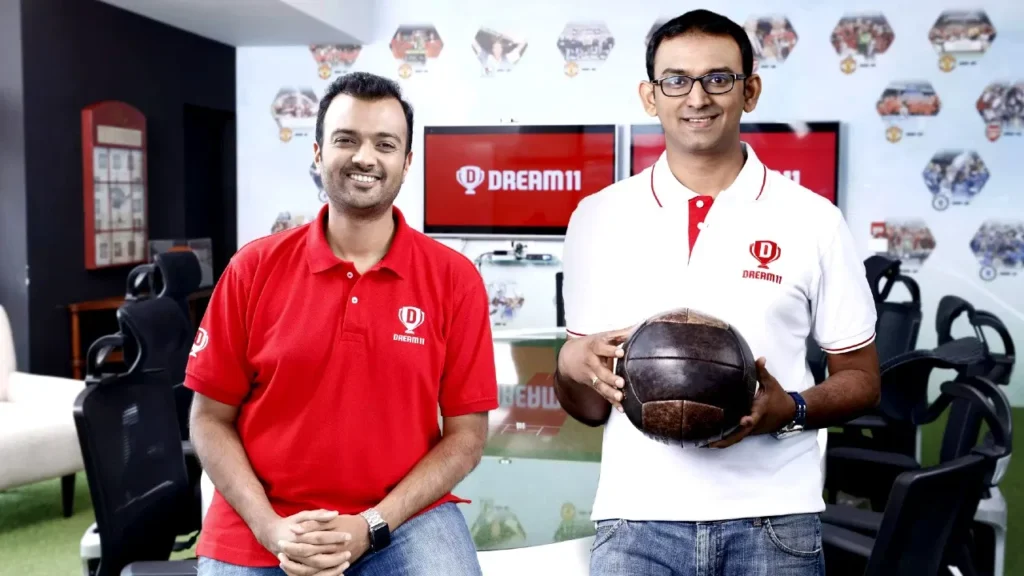




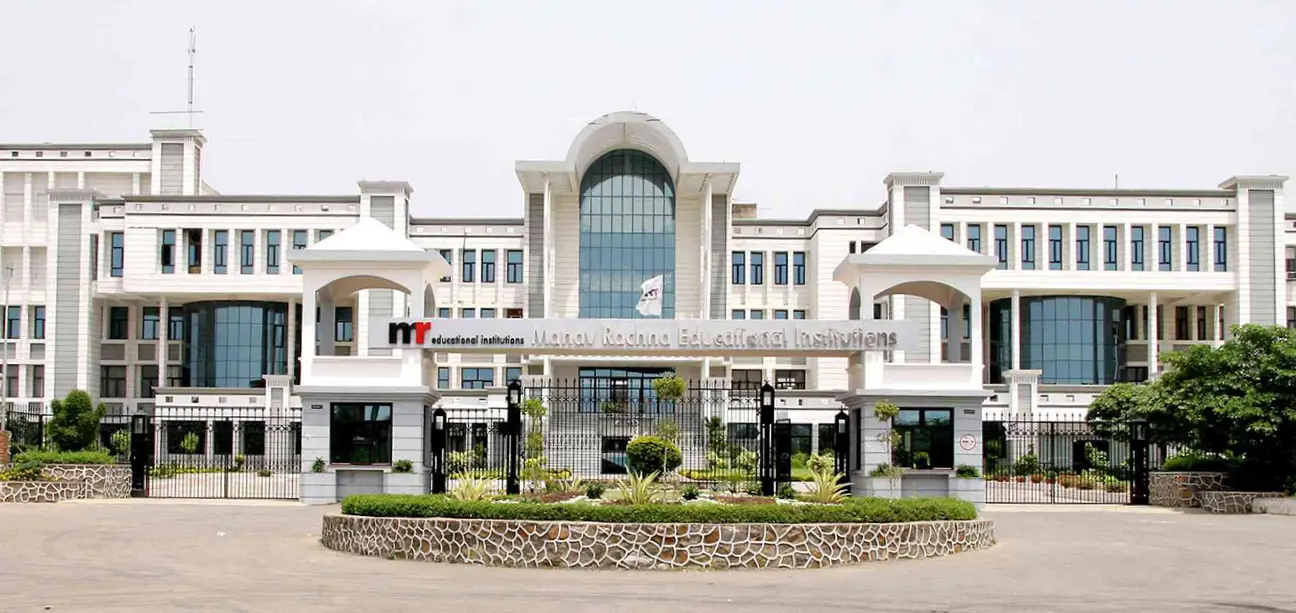
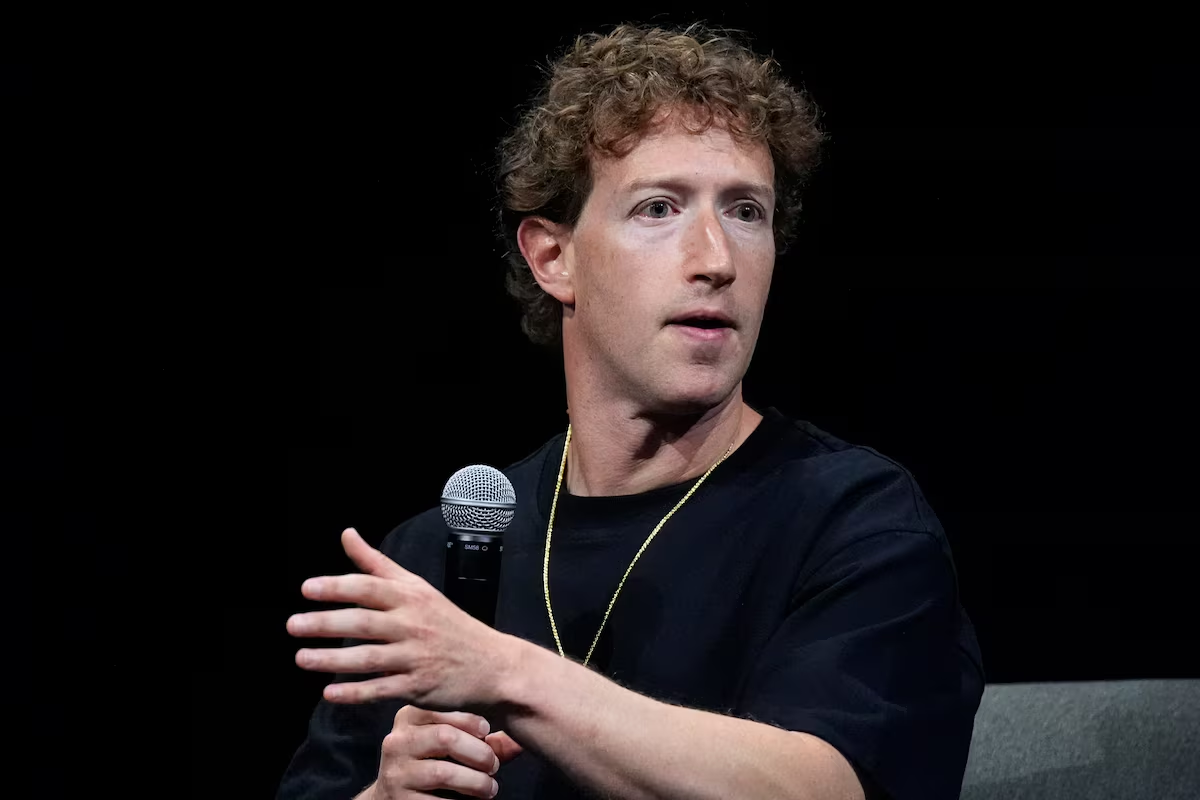







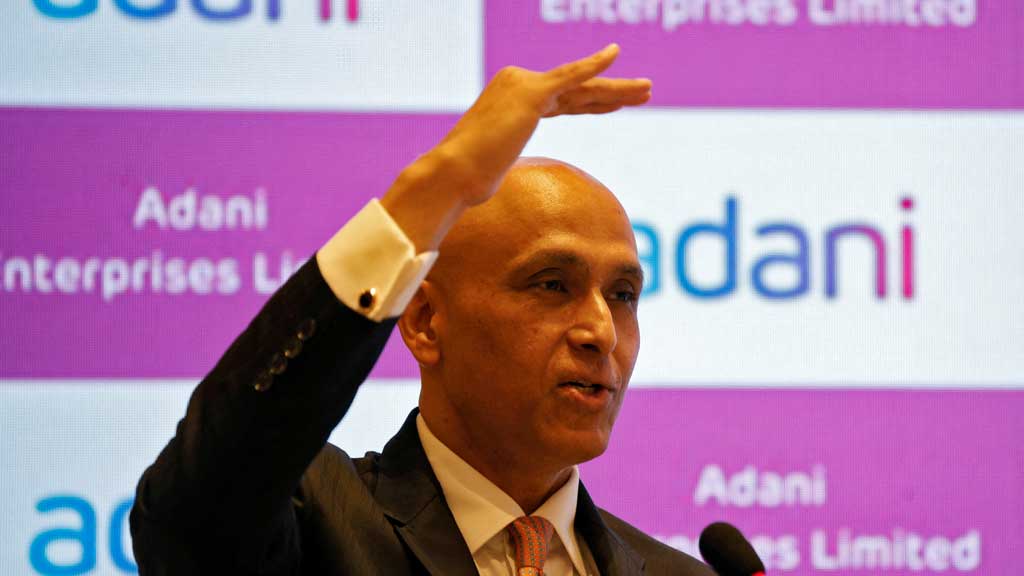

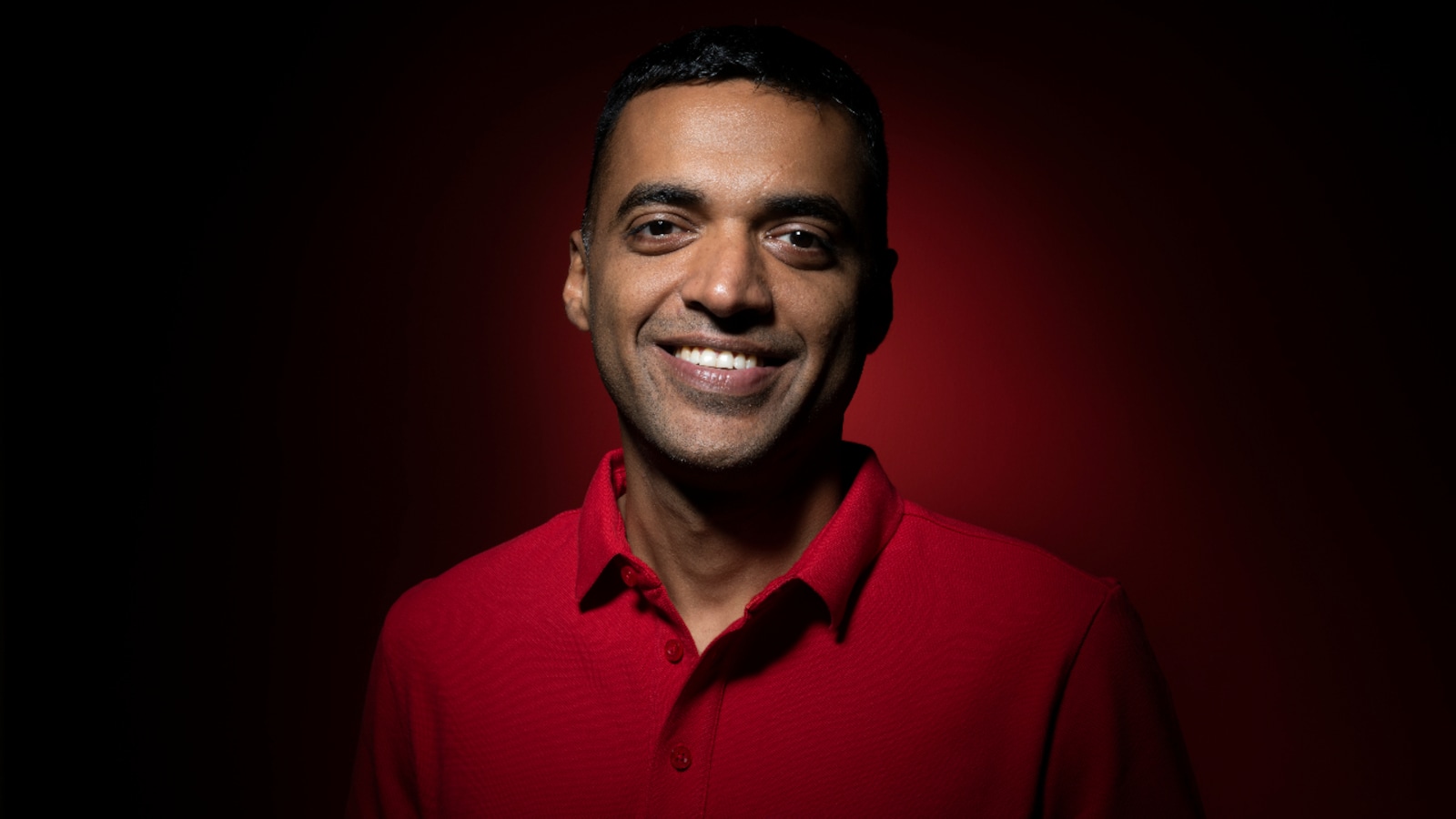
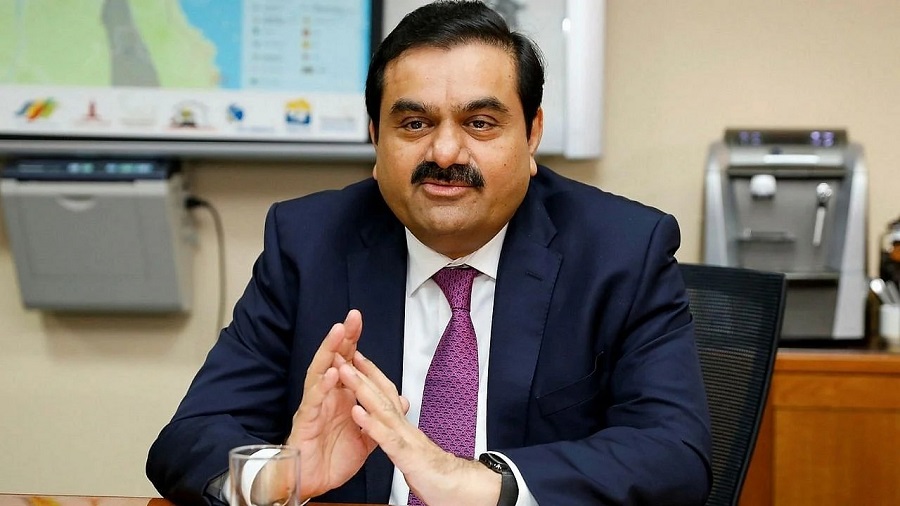
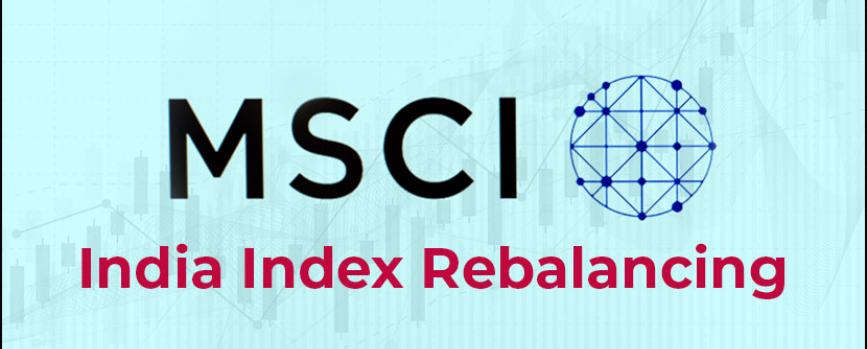
.jfif)


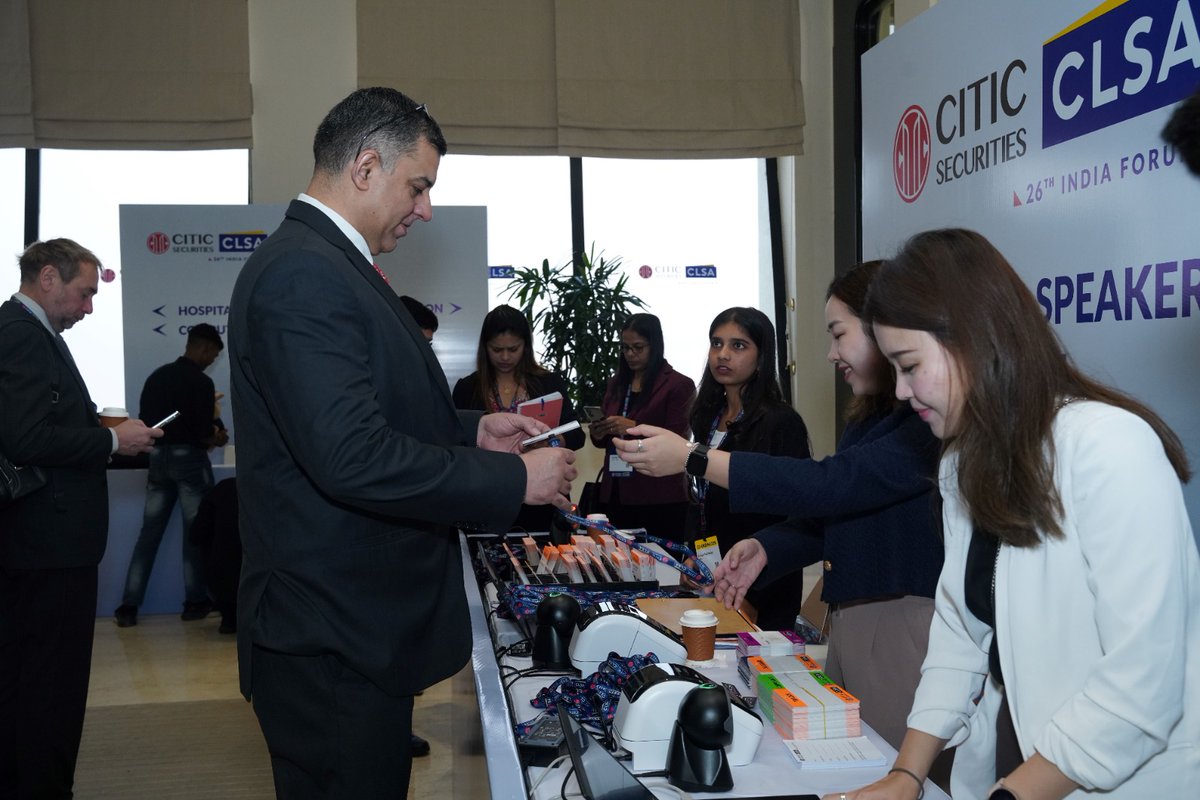



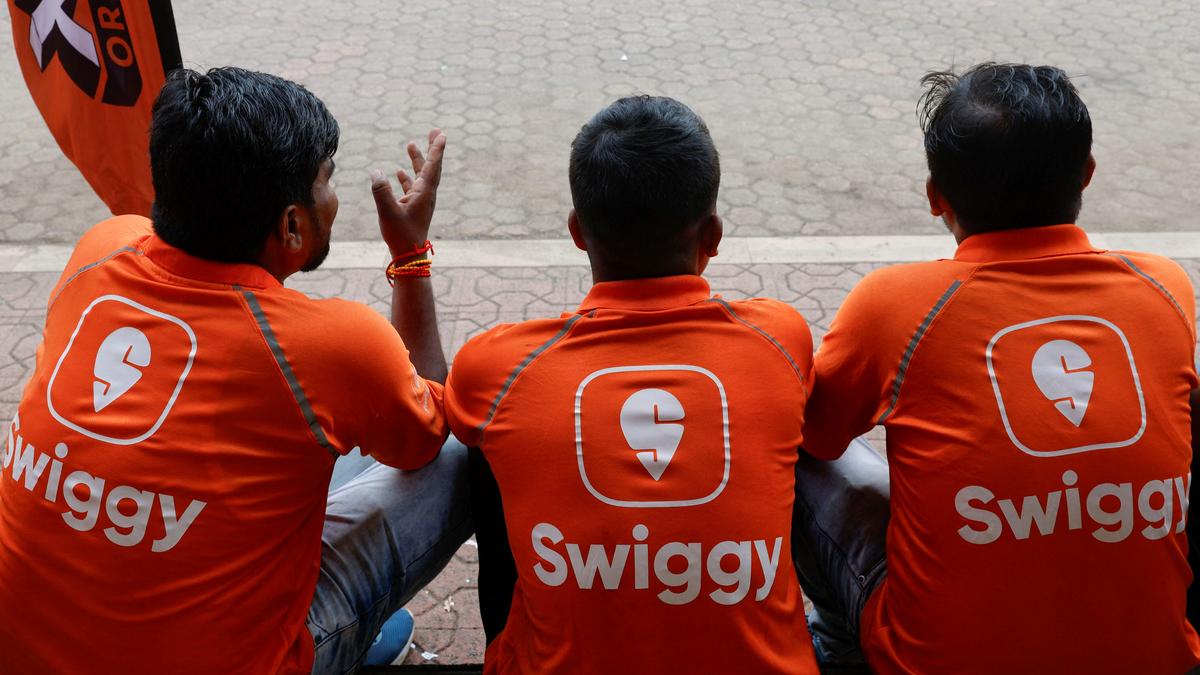

























































































.png)
 (1).png)























